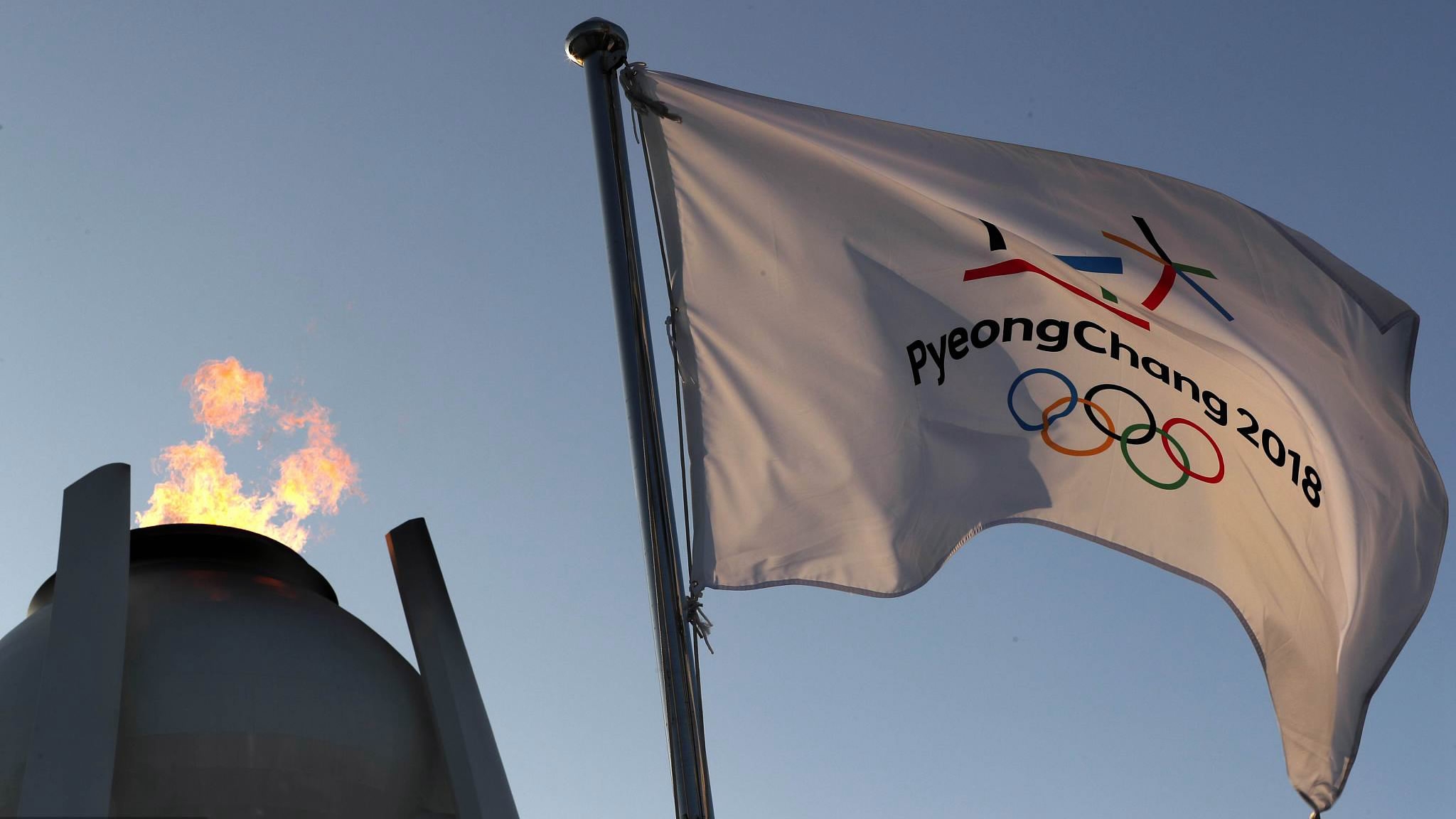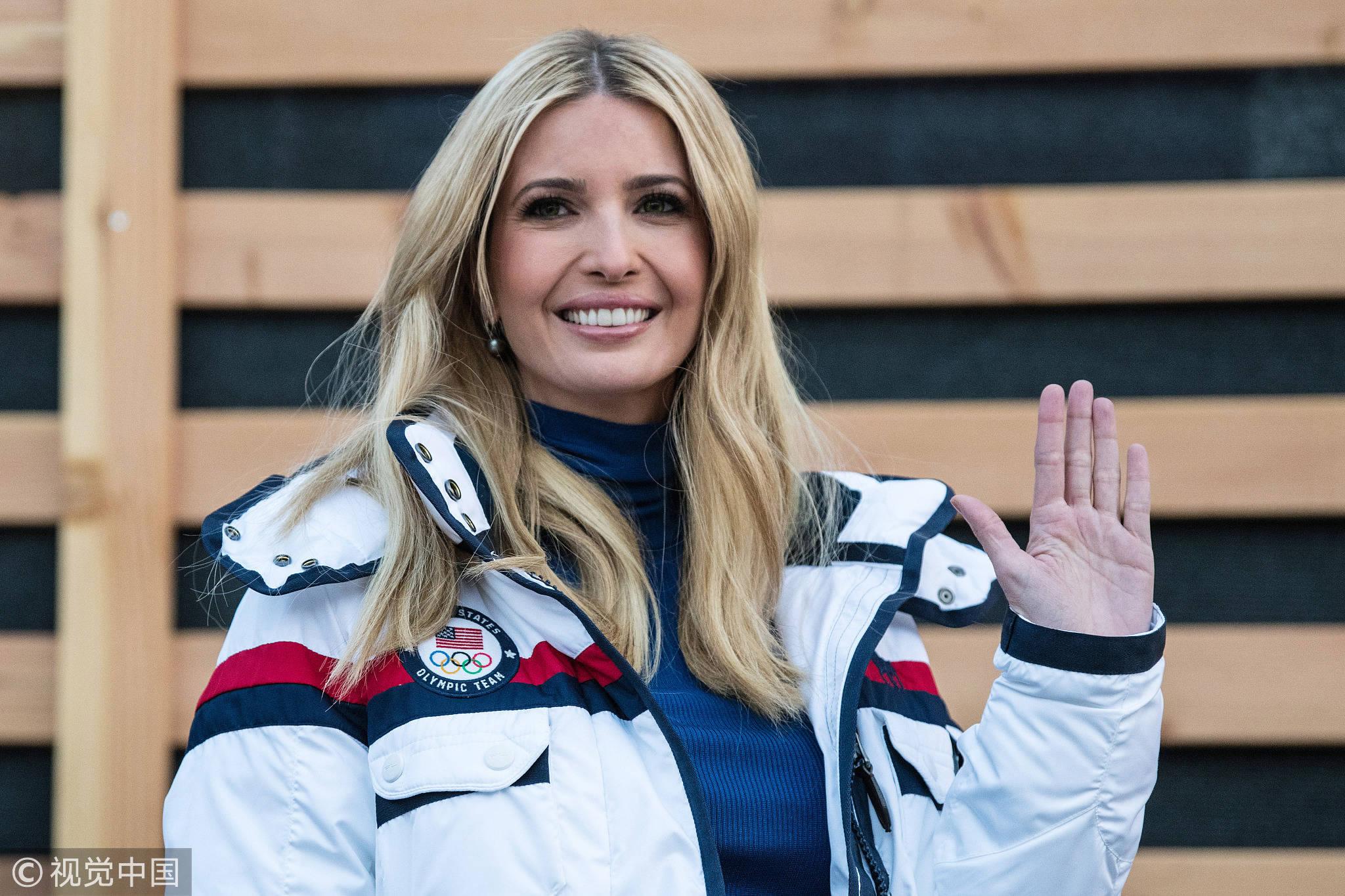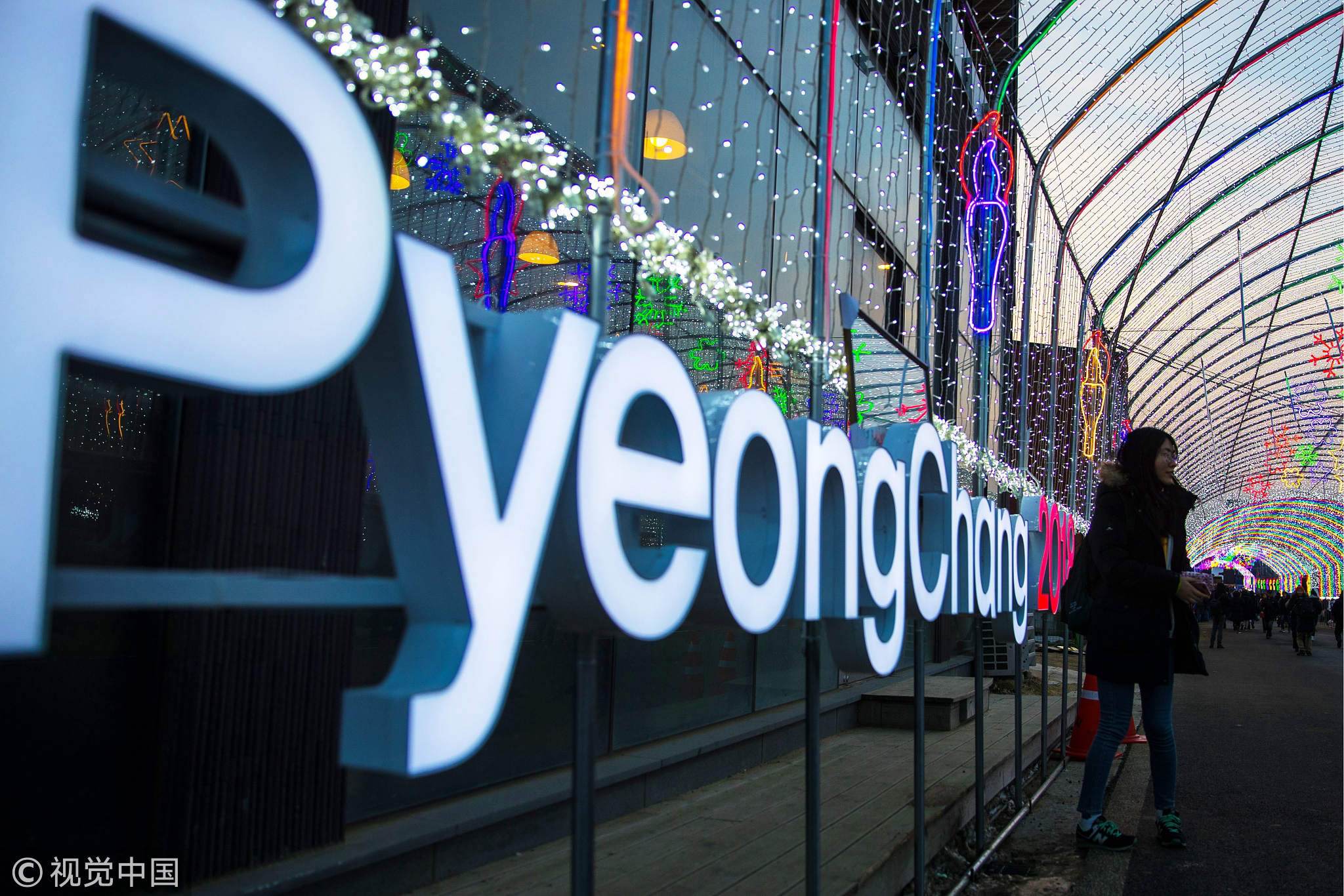
Opinions
21:07, 25-Feb-2018
Opinion: Can the ‘PyeongChang Peace’ survive after the Game?
Guest commentary by Wang Peng

The sports diplomacy between South Korea and DPRK is definitely one of the highlights during the PyeongChang Winter Olympics. The two sides held a senior-level, inter-governmental dialogue, and hence the increasing tension of Northeast Asia seems to be controlled temporarily.
However, due to the possibly upcoming US-ROK joint military exercise, the threat of nuclear crisis and geopolitical confront overshadow the Peninsular again.

Ivanka Trump visits USA House on day sixteen of the PyeongChang 2018 Winter Olympic Games on February 25, 2018. /VCG Photo
Ivanka Trump visits USA House on day sixteen of the PyeongChang 2018 Winter Olympic Games on February 25, 2018. /VCG Photo
The Timing
Donald Trump’s announcement came as Ivanka Trump is visiting South Korea when both South and North showed their willingness to improve inter-Korean relations and ease tensions on the Korean Peninsula during PyeongChang Olympics. Now the global media are asking why did he choose this time?
First, its major aim is to stop DPRK’s nuclear-normalization/legalization process. Reviewing recent history in 20th century, the most important and urgent task of “illegal nuclear states” (without the UN’s authorization and often under international sanctions) are to normalize and legalize its status as newly-emerged nuclear power de fecto; so is the DPRK.
During this venerable process, a sustainable peace is essentially necessary for DPRK as the illegal nuclear power, while the US as the major sanction executor has to interrupt this process by intensifying the tension, in order to prevent the world’s “temporary and tactical peace” from lasting or converting into a permanent acquiescence on Pyongyang’s nuclear ambition.
Second, Trump’s announcement and Ivanka’s visit may come as a warning to Blue House. South Korea, as a key ally of the US in Northeast Asia, is an indispensable strategic assets and instrument to maintain American military existence and regional influence.
However, during the recent two months, the growing nationalism of “Great Korean” and soaring centrifugal tendency of Moon Jae-in went far beyond America’s bottom line.

Outside the PyeongChang Olympic Stadium ahead of the opening ceremony for the 2018 Winter Olympic Games in PyeongChang, South Korea. /VCG Photo
Outside the PyeongChang Olympic Stadium ahead of the opening ceremony for the 2018 Winter Olympic Games in PyeongChang, South Korea. /VCG Photo
The Sanction
As a response, Trump announced “heaviest sanctions” on DPRK as he threatened “phase two”. However, US’ sanctions to force DPRK to give up nuclear program have not been successful in the past. Could the “heaviest” sanction work this time?
Negative. My reasons are as follows:
The capability of US sanction on DPRK is limited. To a large extent, it in fact depends on the international cooperation with DPRK’s three continental neighbors - China, Russia and South Korea.
China, as usual, will not follow America’s unilateral conductions, including the “heaviest sanctions” this time. As the MOFA of China claimed repeatedly: they only act under the framework of UNSC resolutions.
What is more, since the US has revealed its National Security Strategy and National Defense Strategy, which are widely regarded by Chinese officials and scholars as two ‘hostile’ documents, China’s motivation and willingness of cooperation with America in the DPRK’s nuclear issue decreased inevitably.
For Russia, even in spite of those rumors about Moscow’s secret trade of ballistic missile technologies with Pyongyang, considering the deteriorating Russia-US relations, it is impossible for Russia to obey or follow American unilateral sanction and break its useful ties with DPRK.
For South Korea, there are uncertainties. Subjectively, Moon is trying his every effort to maintain and sustain the “PyeongChang Peace” after the Game. But the final result depends on the complex trilateral strategic interactions among Washington, Seoul and Pyongyang.
In conclusion, though it is still too early to announce the death of “PyeongChang Peace” after the Game, the situation is being tested in a tough way. The final result depends on the sincerity of international cooperation and their spirit of solidarity and militancy.
(Wang Peng is a research fellow at the Charhar Institute. His areas of research include CPC building, Chinese foreign policy and Asia-Pacific international security. The article reflects the author’s opinion, and not necessarily the views of CGTN.)

SITEMAP
Copyright © 2018 CGTN. Beijing ICP prepared NO.16065310-3
Copyright © 2018 CGTN. Beijing ICP prepared NO.16065310-3